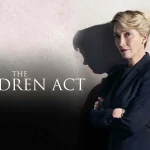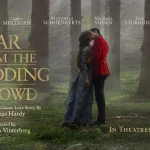Dirty Dancing (1987)
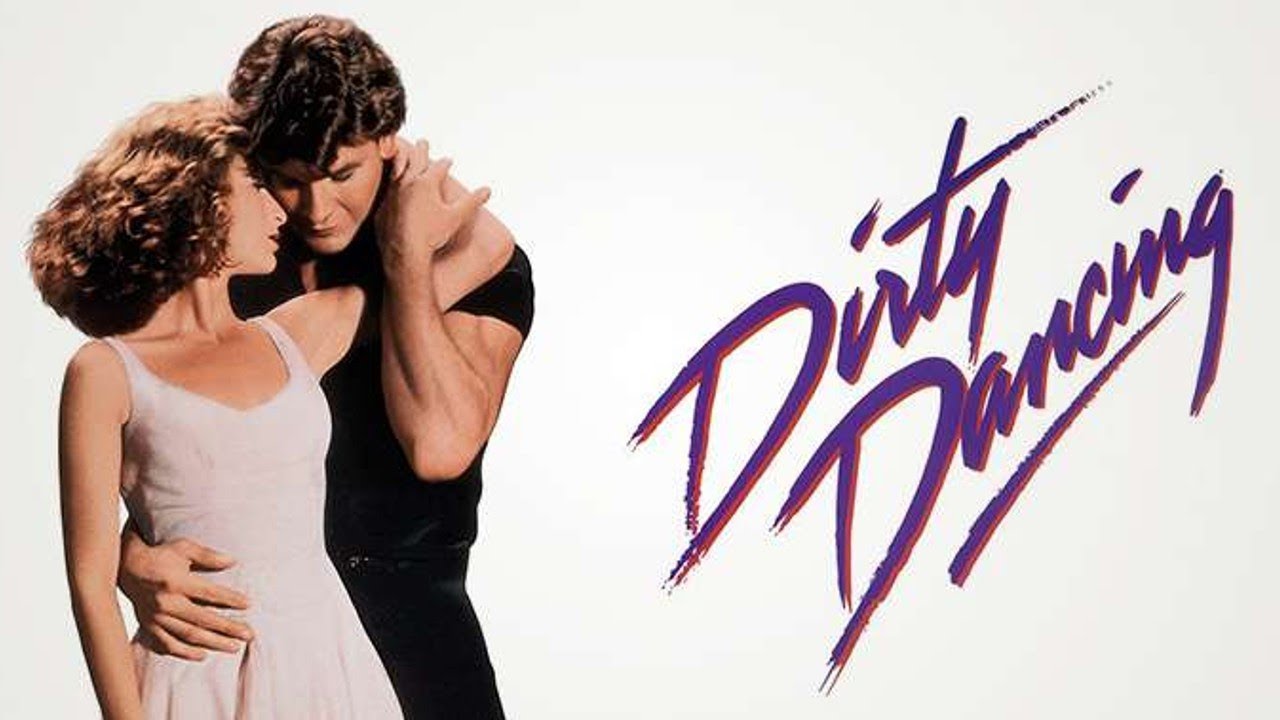
Dirty Dancing (1987) is a romantic drama film directed by Emile Ardolino and written by Eleanor Bergstein. The movie features a stellar cast led by Patrick Swayze and Jennifer Grey, and it has become an iconic classic in the romantic drama genre. Set in the 1960s, the film tells the story of Frances “Baby” Houseman, a young woman who embarks on a life-changing journey while spending the summer at a family resort. Through her unexpected romance with Johnny Castle, a dance instructor, Baby learns about love, personal growth, and the power of dance.
The plot centers around Baby (Jennifer Grey), who is vacationing with her family at a resort in the Catskills. Baby is an innocent and idealistic teenager who dreams of a better world but is constrained by her family’s expectations. When she meets Johnny (Patrick Swayze), the resort’s charismatic dance instructor, she is drawn to his talent and confidence. Johnny, who comes from a lower socioeconomic background, has a complicated life filled with struggles, and he teaches dance lessons for the guests. Baby’s involvement with Johnny leads her to discover her own strength and independence, while also sparking a passionate romance between the two.
The chemistry between Swayze and Grey is one of the film’s defining features. Their romantic and dance performances are electric, and their relationship evolves from initial awkwardness to deep emotional connection. Johnny, a brooding but kind-hearted man, is initially reluctant to get involved with Baby due to their different social standings. However, as Baby grows more confident, their relationship becomes stronger, transcending the societal boundaries that divide them. Their iconic dance scenes, particularly the final lift in the climactic dance performance, have become memorable moments in cinema history.
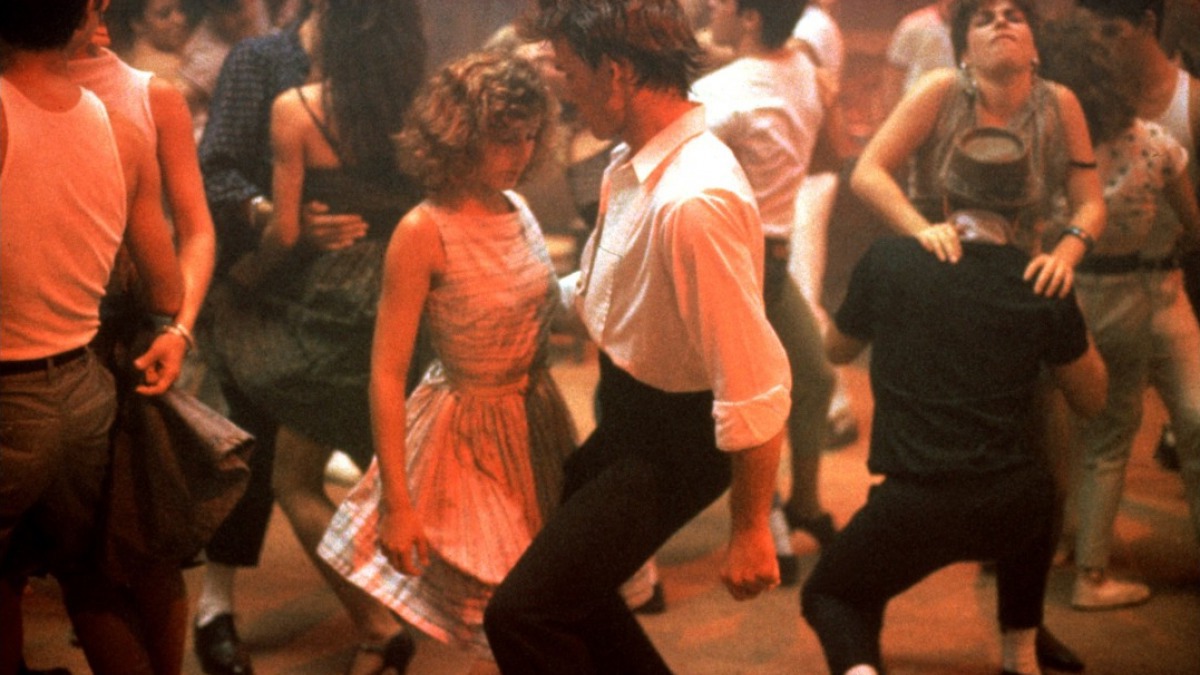
At its core, Dirty Dancing is a story about personal transformation. Baby goes from being a naive young girl to a woman who understands the complexities of love, life, and responsibility. She begins by simply admiring Johnny’s dancing, but by the end of the film, she is his equal, both in dancing and in terms of personal growth. The film explores the themes of self-discovery, class differences, and the challenges of standing up for one’s beliefs. Baby’s journey is mirrored by the struggles of other characters in the film, including Johnny, who must also confront his past and find redemption.
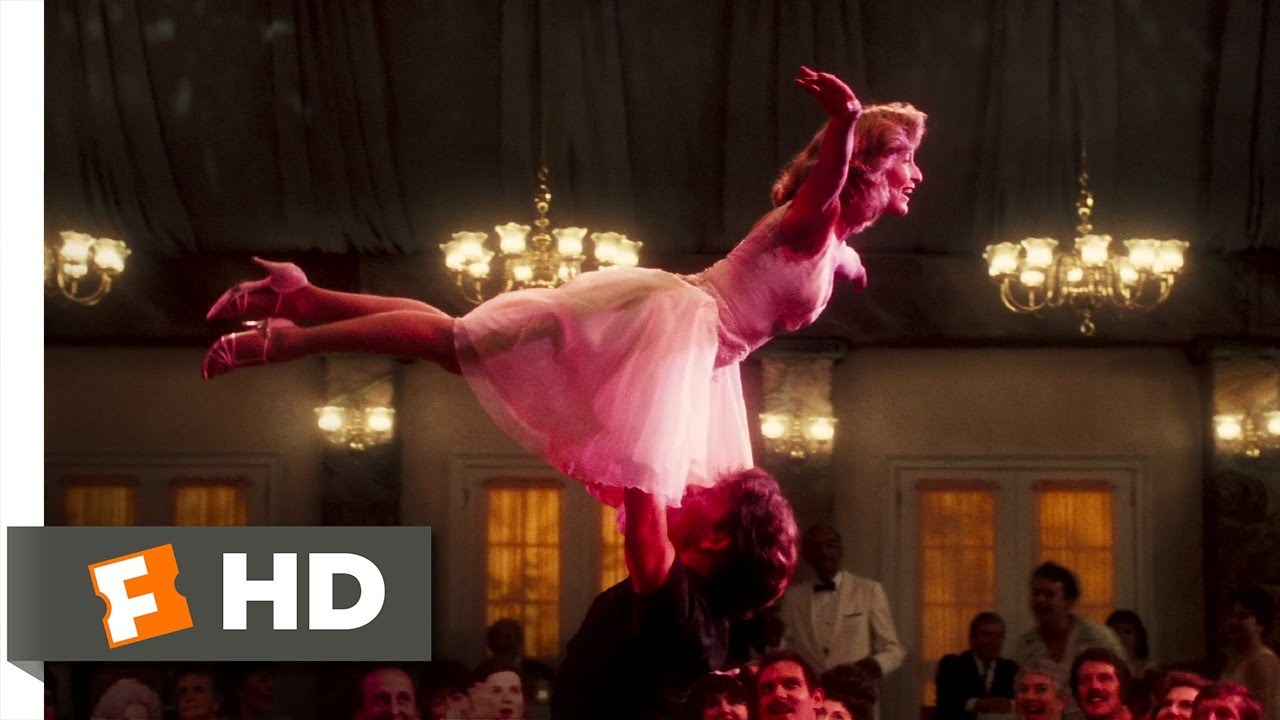
The soundtrack of Dirty Dancing plays a crucial role in elevating the film’s emotional and thematic impact. Songs like “(I’ve Had) The Time of My Life” and “Hungry Eyes” are not only catchy but also perfectly capture the essence of the romance and joy that Baby and Johnny experience. The music serves as both a backdrop to their love story and a reflection of the cultural atmosphere of the 1960s. The film’s iconic dance sequences, accompanied by these memorable songs, have made Dirty Dancing a lasting cultural phenomenon.
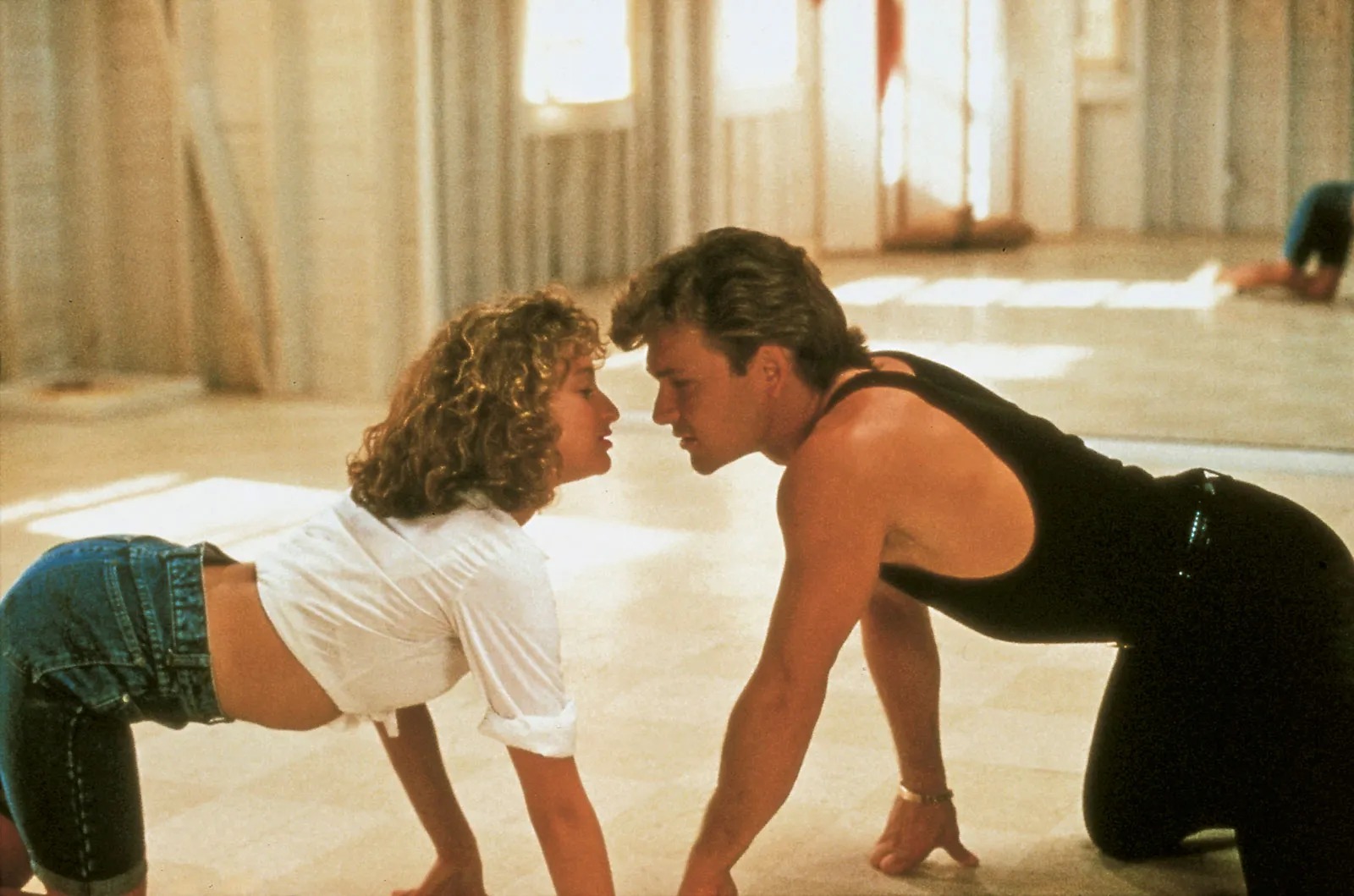
In conclusion, Dirty Dancing (1987) is a timeless romantic drama that combines heartfelt emotion, incredible dance performances, and a memorable soundtrack. Directed by Emile Ardolino, the film captures the power of love and dance to transcend societal expectations and personal limitations. Patrick Swayze and Jennifer Grey deliver unforgettable performances that have made their characters, Johnny and Baby, iconic in the world of cinema. The film’s themes of personal growth, love, and rebellion against societal norms continue to resonate with audiences, ensuring its place as a beloved classic.
